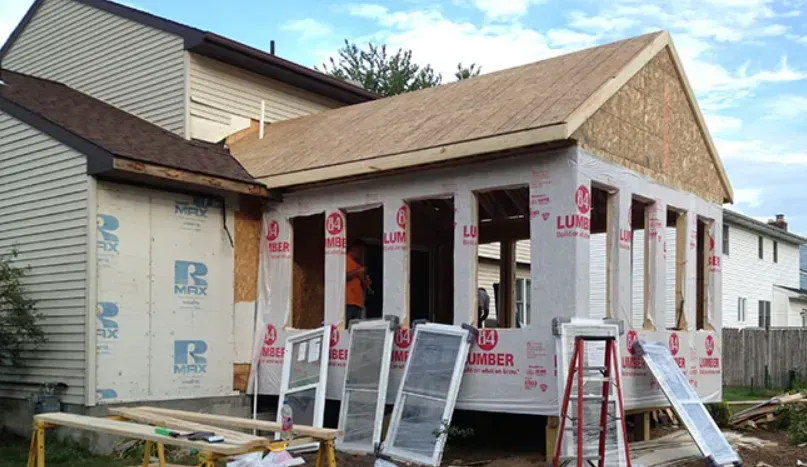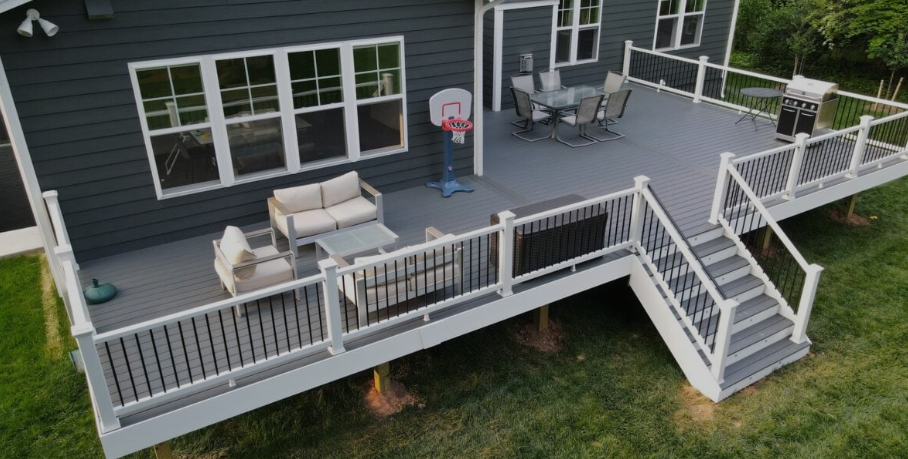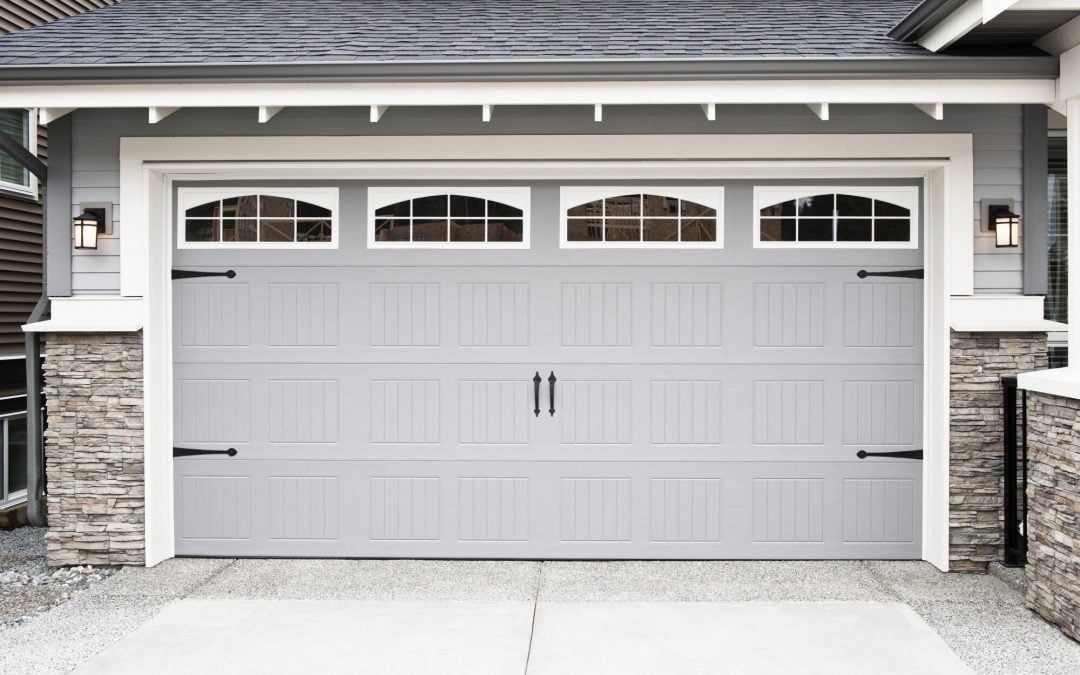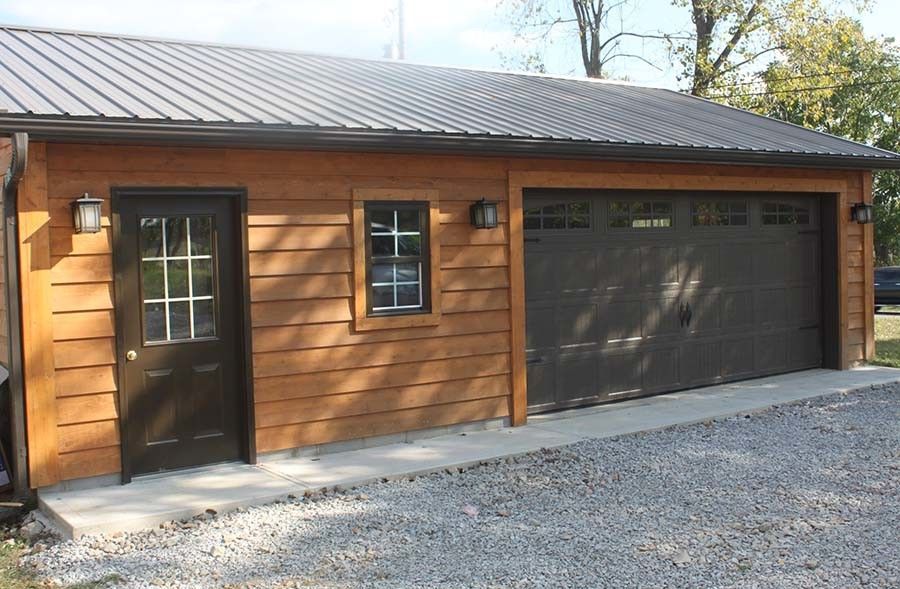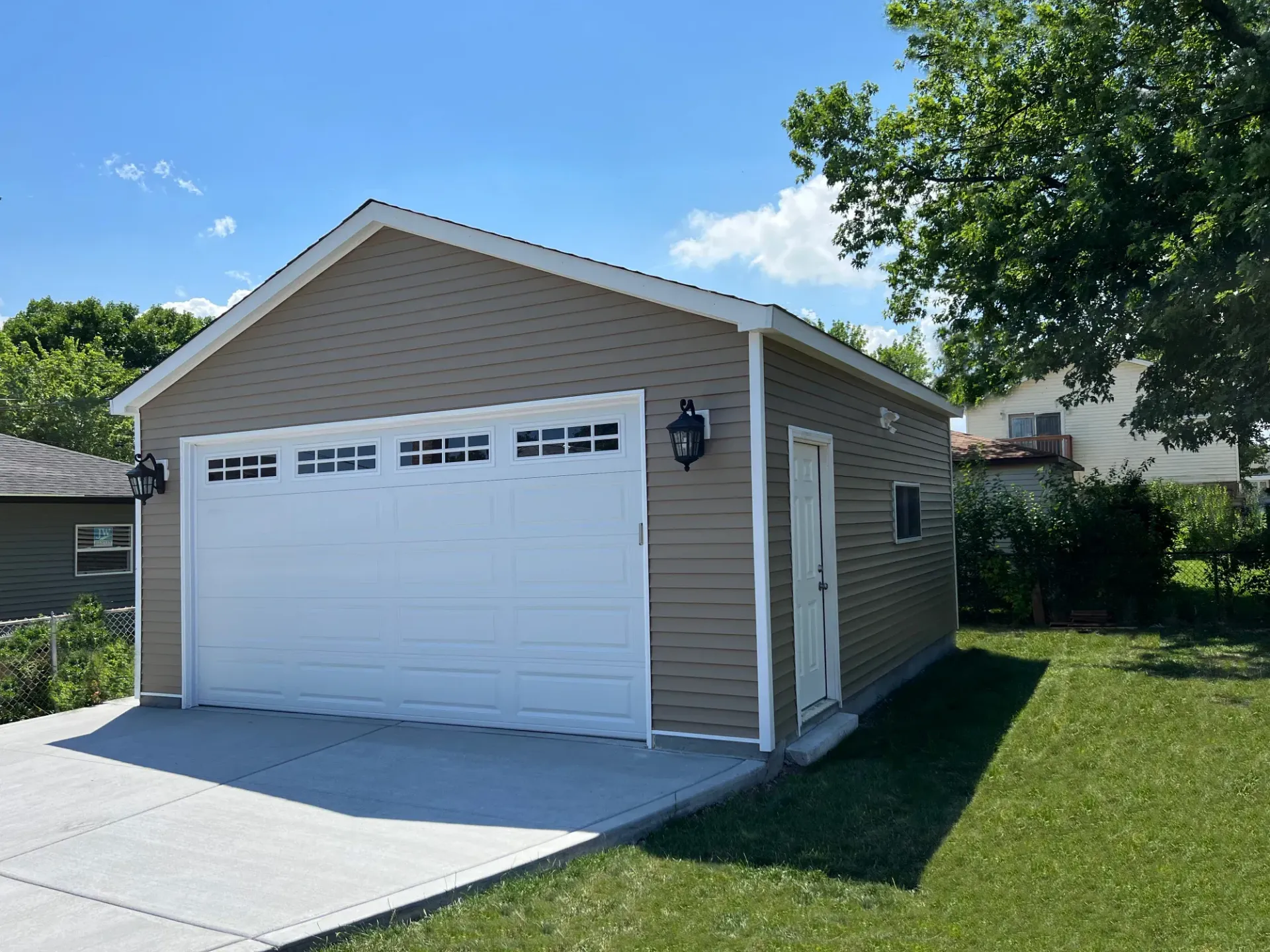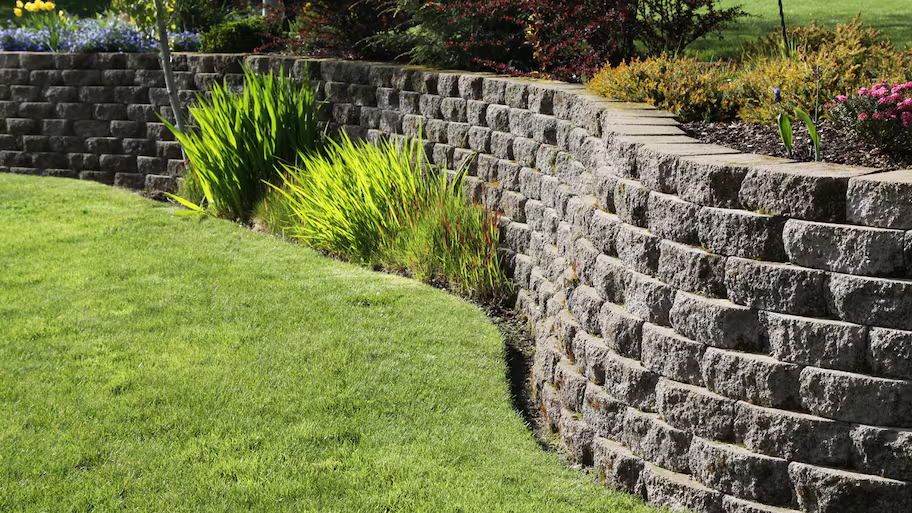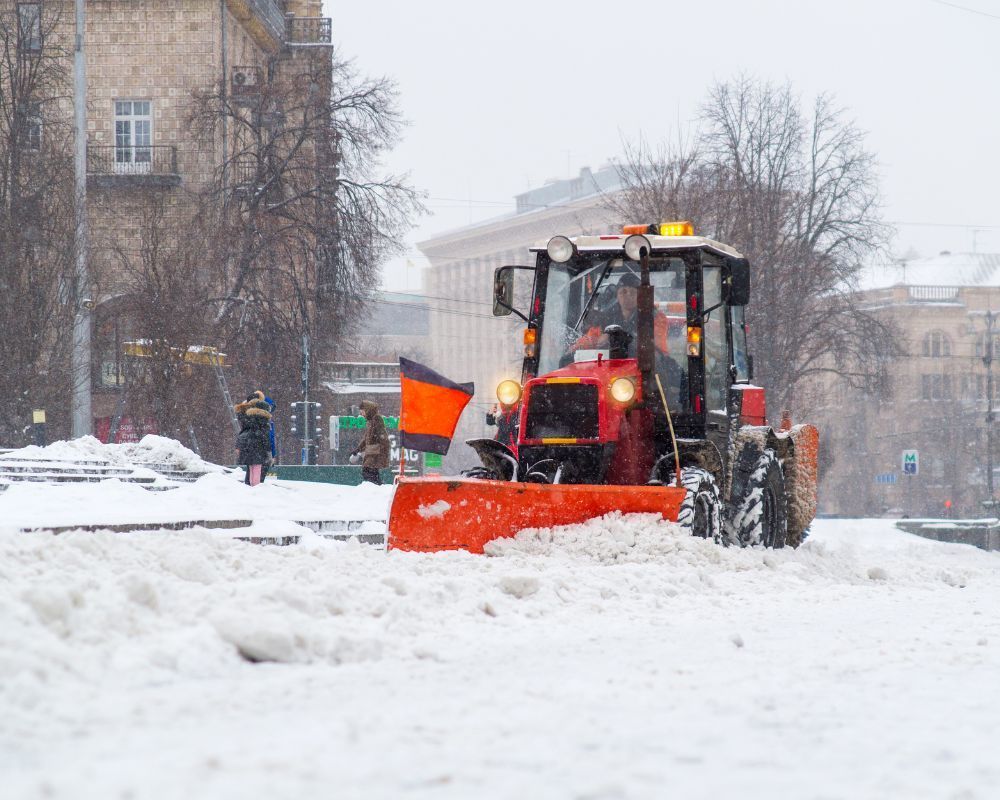Rhode Island Hoarder Cleanout Dumpster Tips
Hoarding disorder affects an estimated 2-6% of the population, and cleaning out a hoarded home is one of the most challenging projects families face. Whether you're helping a loved one, managing an estate, or preparing a property for sale, understanding the unique needs of hoarder cleanouts - including proper dumpster rental - makes an overwhelming task manageable. This compassionate, practical guide covers everything Rhode Island families need to know about hoarder cleanout dumpster rentals.
Understanding Hoarding Disorder and Cleanout Challenges
What Makes Hoarding Cleanouts Different:
Volume Beyond Normal:
- Decades of accumulation (often 20-50+ years)
- Floor-to-ceiling piles in multiple rooms
- Pathways only through belongings
- Every surface covered
- Multiple rooms completely inaccessible
- Volume often 5-10× typical household
Emotional Complexity:
- Attachment to every item (even trash)
- Decision-making paralysis
- Anxiety and distress during cleanout
- Family relationship strain
- Mental health component
- Requires compassion and patience
Safety Hazards:
- Structural concerns (floor stress from weight)
- Pest infestations (mice, roaches, bedbugs)
- Mold and mildew (poor ventilation, water intrusion)
- Fire hazards (blocked exits, flammable accumulation)
- Trip and fall risks (unstable piles)
- Professional assessment often needed
Hidden Challenges:
- Valuables mixed with trash
- Important documents buried
- Cash hidden in random places
- Medication accumulation
- Spoiled food and waste
- Everything requires inspection
Dumpster Sizing for Hoarder Cleanouts
Typical Home Cleanout:
- 15-yard or 20-yard dumpster
- Single rental usually adequate
- 1-2 weeks to complete
- Cost: $475-$540
Moderate Hoarding (Level 2-3):
- 20-yard dumpster minimum
- Often need 2-3 dumpsters total
- 2-4 weeks to complete
- Cost: $1,080-$1,620 (multiple dumpsters)
Severe Hoarding (Level 4-5):
- 20-yard dumpster essential
- Often need 3-6+ dumpsters
- 1-3 months to complete
- Cost: $1,620-$3,240+ (multiple dumpsters)
Rockhouse Disposal Recommendations:
20-Yard Dumpster ($540) - Best Choice:
- Dimensions: 14' L × 8' W × 6.5' H
- Capacity: 6-8 pickup truck loads
- Includes: 7 days, 2 tons, delivery, pickup
- Extra height (6.5'): Better for compacting bulky items
- Plan for sequential rentals as each fills
15-Yard Dumpster ($475) - Rarely Adequate:
- Only for very mild hoarding situations
- Testing before larger project
- Final cleanout after major work complete
- Usually underestimate for hoarding
Multiple Dumpster Strategy:
- Rent one 20-yard at a time
- Fill completely over 7-14 days
- Call for pickup and next delivery
- Systematic approach prevents overwhelm
- Budget $540 per dumpster × estimated quantity needed
Hoarding Levels and Dumpster Needs
Understanding the Five Levels:
Level 1 (Minimal):
- Some clutter, disorganization
- All rooms accessible
- No odors, pests, or hazards
- Dumpster need: Possibly one 15-yard or 20-yard
- Cost estimate: $475-$540
Level 2 (Mild):
- Clutter noticeable, exits blocked
- At least one appliance not working 6+ months
- Some rooms difficult to access
- Light odors, possible pests
- Dumpster need: 1-2 × 20-yard dumpsters
- Cost estimate: $540-$1,080
Level 3 (Moderate):
- Obvious clutter inside and outside home
- Poor household sanitation
- At least one room unusable
- Structural damage (floors sagging)
- Strong odors, visible pests
- Dumpster need: 2-4 × 20-yard dumpsters
- Cost estimate: $1,080-$2,160
Level 4 (Severe):
- Structural damage evident
- Sewage/plumbing issues
- Rotting food, dirty dishes throughout
- Multiple rooms unusable
- Heavy pest infestation
- Dumpster need: 3-6 × 20-yard dumpsters
- Cost estimate: $1,620-$3,240
Level 5 (Extreme):
- Fire hazards, rodent infestation
- No working utilities
- Human/animal waste present
- Structural damage throughout
- Entire home essentially unusable
- Dumpster need: 4-8+ × 20-yard dumpsters
- Cost estimate: $2,160-$4,320+
- Professional remediation required
Pre-Cleanout Planning and Assessment
Before Renting Your First Dumpster:
1. Safety Assessment:
- Is the home structurally safe to enter?
- Are there visible pests requiring extermination first?
- Is there animal/human waste requiring biohazard cleanup?
- Are utilities functional (or disconnected safely)?
- Consider professional assessment for severe cases
2. Mental Health Support:
- Is the hoarder participating or resistant?
- Do they need therapy/counseling support?
- How will family handle emotional aspects?
- Set realistic expectations about pace
- Mental health professional involvement often critical
3. Legal and Property Considerations:
- Who has legal authority to clean (property owner, executor, guardian)?
- Landlord involved (eviction situation)?
- Adult Protective Services involvement?
- Documentation needed for legal purposes?
- Ensure proper authority before proceeding
4. Resource Planning:
- Who will help (family, friends, professionals)?
- How much time is realistically available?
- What's the budget for dumpsters and services?
- Is property being sold/renovated after?
- Realistic planning prevents burnout
5. Professional vs. DIY Decision:
- Can family handle emotionally and physically?
- Are biohazards present (requiring professionals)?
- Is structural damage extensive?
- What's the timeline pressure?
- Many hoarding cleanouts need professional help
Step-by-Step Hoarder Cleanout Process
Systematic Approach:
Phase 1: Initial Assessment and Planning (Week Before)
- Walk through entire property (if safe)
- Estimate volume and severity
- Identify obvious hazards
- Take photos (before documentation)
- Book first 20-yard dumpster
- Gather supplies (gloves, masks, bags, boxes)
Phase 2: First Dumpster - Obvious Trash (Days 1-7)
- Start with clear garbage (expired food, actual trash)
- Items with no possible value or sentiment
- Broken, unusable, unsalvageable items
- Create pathways through each room
- Fill first 20-yard dumpster
- Schedule pickup and second dumpster
Phase 3: Second Dumpster - Sorting Begins (Days 8-14)
- Continue removing obvious disposables
- Begin creating sorting areas:
- Keep pile (items returning to home)
- Donate pile (usable items)
- Sell pile (valuable items)
- Dispose pile (to dumpster)
- Work room by room systematically
- Fill second 20-yard dumpster
Phase 4: Third+ Dumpsters - Deep Sorting (Weeks 3-8+)
- Intensive sorting through all items
- Check every box, bag, container
- Look for valuables, cash, documents
- Emotional items handled carefully
- Slow, meticulous process
- Continue sequential dumpster rentals
Phase 5: Final Cleanup (Last Week)
- Remove final items
- Deep cleaning of surfaces
- Address mold, odors, stains
- Minor repairs if needed
- Final dumpster for cleaning debris
- Property ready for next phase
Realistic Timeline:
- Mild hoarding: 2-4 weeks
- Moderate hoarding: 1-2 months
- Severe hoarding: 2-6+ months
- Rush jobs often fail - go slow
Loading Dumpsters During Hoarder Cleanouts
Special Considerations:
Inspection Before Loading:
- Assume valuables mixed in everywhere
- Check every container before disposal
- Look inside bags, boxes, clothing
- Shake out books, papers
- Stories of cash, jewelry in trash are real
Systematic Loading:
- Obvious trash and expired items first
- Broken, damaged beyond repair items
- Duplicates (keep best, dispose rest)
- Low-value items after careful check
- Final sweep materials
Space Maximization:
- Break down furniture (more fits)
- Flatten cardboard boxes
- Compress soft items (clothing, linens)
- Fill all gaps and voids
- Don't waste space (many dumpsters needed)
Weight Management:
- Hoarding situations usually lighter materials (paper, plastic, fabric)
- Rarely exceed 2-ton weight limit
- Unless water damage or extensive books
- Volume is challenge, not weight
Safety During Loading:
- Wear heavy-duty gloves (sharps, bio-hazards)
- N95 masks (dust, mold, odors)
- Protective clothing (long sleeves, pants)
- Sturdy boots (nails, broken glass)
- Take breaks (physically and emotionally exhausting)
Working with the Hoarder (If Present)
Compassionate Approach:
Do's:
- Recognize hoarding is a mental health disorder
- Show respect for the person and their belongings
- Let them participate in decisions when possible
- Go at their pace (even if frustratingly slow)
- Acknowledge the difficulty and their courage
- Celebrate small victories and progress
Don'ts:
- Don't judge, criticize, or shame
- Don't throw away without permission (if they're present)
- Don't rush or force decisions
- Don't minimize their distress
- Don't expect logical responses to "just trash"
- Don't underestimate the emotional toll
Therapeutic Involvement:
- Hoarding task force or support group
- Therapist specializing in hoarding disorder
- Cognitive behavioral therapy (CBT)
- Harm reduction approach (not perfection)
- Mental health professional involvement ideal
Decision-Making Strategies:
- Start with least emotional items
- Create clear categories (keep, donate, dispose)
- Use photographs (keep image, not item)
- Set reasonable limits (one box of X category)
- Focus on safety and function, not perfection
Professional Hoarder Cleanout Services
When to Hire Professionals:
Biohazard Situations:
- Animal/human waste present
- Significant mold or pest infestation
- Decomposition odors
- Blood or bodily fluids
- Requires certified biohazard remediation
Structural Concerns:
- Floors sagging from weight
- Walls damaged or compromised
- Building code violations
- Unsafe to enter without assessment
- Structural engineer evaluation needed
Timeline Pressure:
- Eviction deadline
- Property sale closing date
- Estate settlement requirements
- Legal timeline constraints
- Professionals work faster
Family Overwhelm:
- Emotionally too difficult for family
- Physical demands too great
- Family conflict over process
- Need objective third party
- Professionals provide emotional buffer
Rhode Island Resources:
Hoarding Cleanup Companies:
- Specialized cleaning and organizing services
- Experience with hoarding disorder
- Biohazard certification
- Compassionate, non-judgmental approach
Mental Health Professionals:
- Psychologists specializing in hoarding
- Social workers with hoarding experience
- Support groups in Rhode Island
- Rhode Island Hoarding Task Force
Adult Protective Services:
- Rhode Island Department of Elderly Affairs
- Assistance for vulnerable adults
- Resources and referrals
- Legal intervention when necessary
Professional Organizers:
- National Association of Productivity & Organizing Professionals (NAPO)
- Rhode Island organizing specialists
- Some specialize in hoarding situations
- Help create sustainable systems
Cost Considerations for Hoarder Cleanouts
Budget Realistically:
Dumpster Rental Costs:
- First 20-yard: $540
- Each additional 20-yard: $540
- Average moderate hoarding: 3 dumpsters = $1,620
- Average severe hoarding: 5-6 dumpsters = $2,700-$3,240
- Most significant cost: Multiple dumpster rentals
Professional Service Costs (If Hiring):
- Basic hoarding cleanup: $3,000-$10,000+
- Biohazard remediation: $5,000-$25,000+
- Structural repairs: Variable, can be extensive
- Organizing services: $50-150/hour
- Mental health services: Insurance may cover
Hidden Costs:
- Cleaning supplies (heavy-duty, commercial-grade)
- Protective equipment (masks, gloves, suits)
- Pest extermination
- Mold remediation
- Flooring/wall repair after cleanout
- Deep cleaning services
- Storage units (temporary holding)
Cost-Saving Strategies:
- DIY cleanout (labor intensive but saves thousands)
- Rent dumpsters yourself (contractor markup avoided)
- Donate items for tax deduction
- Sell valuable items discovered
- Family volunteer labor
- Phased approach (spread over time)
Return on Investment:
- Property becomes sellable/rentable
- Improved family relationships
- Person's quality of life improves
- Safety hazards eliminated
- Legal compliance achieved
- Worth every dollar despite high cost
Rhode Island Specific Considerations
Providence Area Hoarding Cleanouts:
- Dense urban environment (tight access)
- Triple-decker buildings (stairs complicate removal)
- Street permits often needed for dumpsters
- Neighbor visibility/privacy concerns
- Adult Protective Services active
- Urban challenges require planning
Suburban Rhode Island (Warwick, Cranston):
- Better dumpster access (driveways)
- More privacy for sensitive cleanouts
- Larger properties = potentially more accumulation
- Good access to professional services
- Logistically easier than urban areas
Rural Rhode Island (Northern, Western areas):
- Properties may include outbuildings (more to clear)
- Farm equipment and vehicle hoarding common
- Longer travel for some services
- More property privacy
- Volume can be extensive with land
Coastal Rhode Island:
- Seasonal property hoarding situations
- Salt air corrosion issues
- Tourist area privacy concerns
- Higher property values = urgency to resolve
- Estate situations common
Legal and Ethical Considerations
Important Guidelines:
Legal Authority:
- Ensure you have right to clean property
- Property owner consent essential
- Executor authority for estates
- Court-appointed guardian for incapacitated persons
- Don't proceed without proper authority
Document Protection:
- Look for wills, deeds, titles
- Check for life insurance policies
- Find medical records
- Preserve tax documents
- Bank statements and financial records
- Keep all important papers separate
Valuables and Cash:
- Often hidden throughout hoarded homes
- Check every pocket, box, container
- Shake out books and papers
- Look in unusual places
- Establish who gets found valuables legally
Privacy and Dignity:
- Protect the person's privacy
- Dispose discretely (not visible to neighbors)
- Don't post on social media
- Respect medical/personal information
- Maintain confidentiality and respect
Disposal Compliance:
- Hazardous materials: Proper disposal required
- Medications: DEA-approved disposal only
- Electronics: E-waste regulations
- Documents: Shred sensitive information
- Follow Rhode Island disposal regulations
Emotional Support and Self-Care
For Family Members Helping:
Acknowledge the Difficulty:
- Emotionally exhausting work
- Physically demanding
- Relationship strain inevitable
- Slow progress can be discouraging
- This is genuinely hard work
Self-Care Strategies:
- Take regular breaks
- Set realistic daily goals
- Don't work alone (support essential)
- Process emotions with therapist/friends
- Celebrate small victories
- Know when to hire professionals
Managing Family Conflict:
- Different family members = different approaches
- Disagreement over what to keep/dispose
- Blame and resentment common
- Financial stress over costs
- Family counseling sometimes helpful
For the Person with Hoarding Disorder:
- This is traumatic for them (recognize that)
- Therapy support essential
- Medication may help (consult psychiatrist)
- Support groups provide understanding
- Relapse prevention planning
- Recovery is possible with support
Success Stories and Hope
Real Rhode Island Recoveries:
Hoarding cleanouts are challenging but transformative:
- Person regains safe, functional living space
- Family relationships can heal and strengthen
- Property becomes usable/sellable
- Fire and health hazards eliminated
- Quality of life dramatically improves
- Worth every bit of effort
Keys to Success:
- Compassion and patience throughout
- Realistic timeline and expectations
- Professional help when needed
- Mental health support for hoarder
- Systematic, organized approach
- Focus on progress, not perfection
Contact us today!
We've helped Rhode Island families through many challenging cleanout situations. We understand hoarding cleanouts require compassion, flexibility, and patience. Whether you need one dumpster or ten, we're here to support your family through this difficult process.
